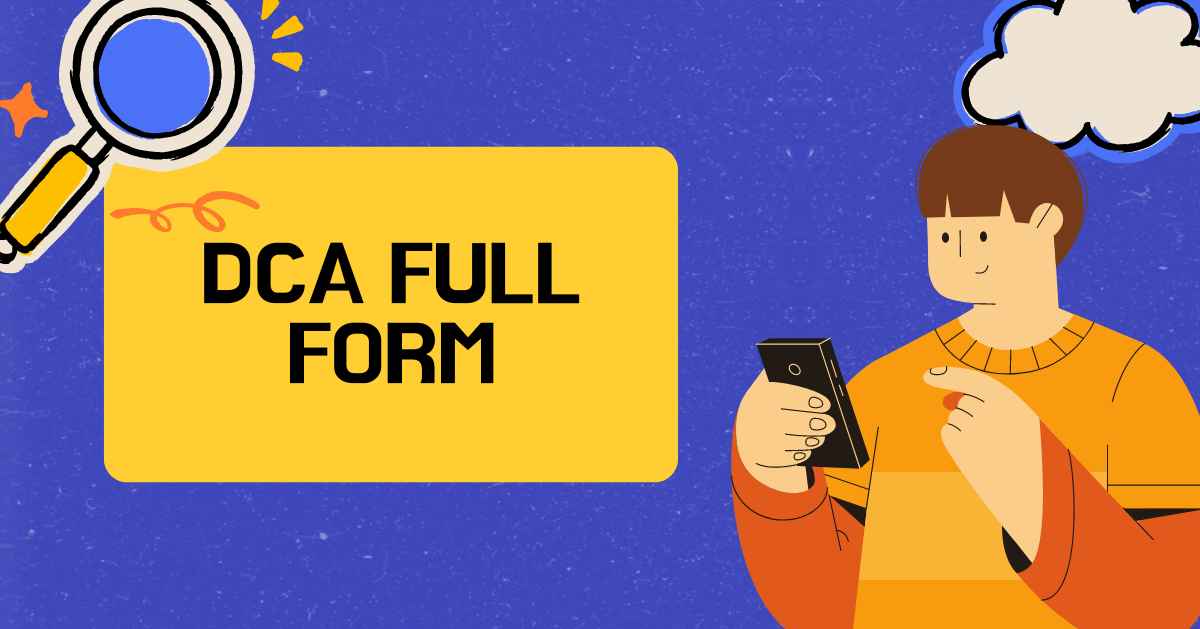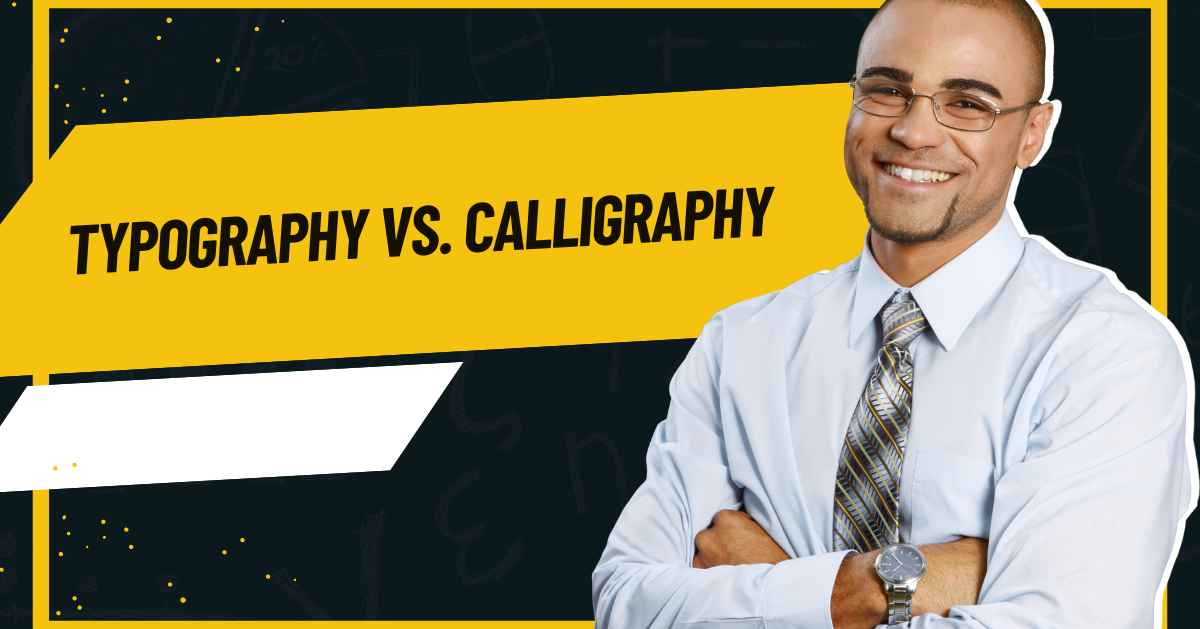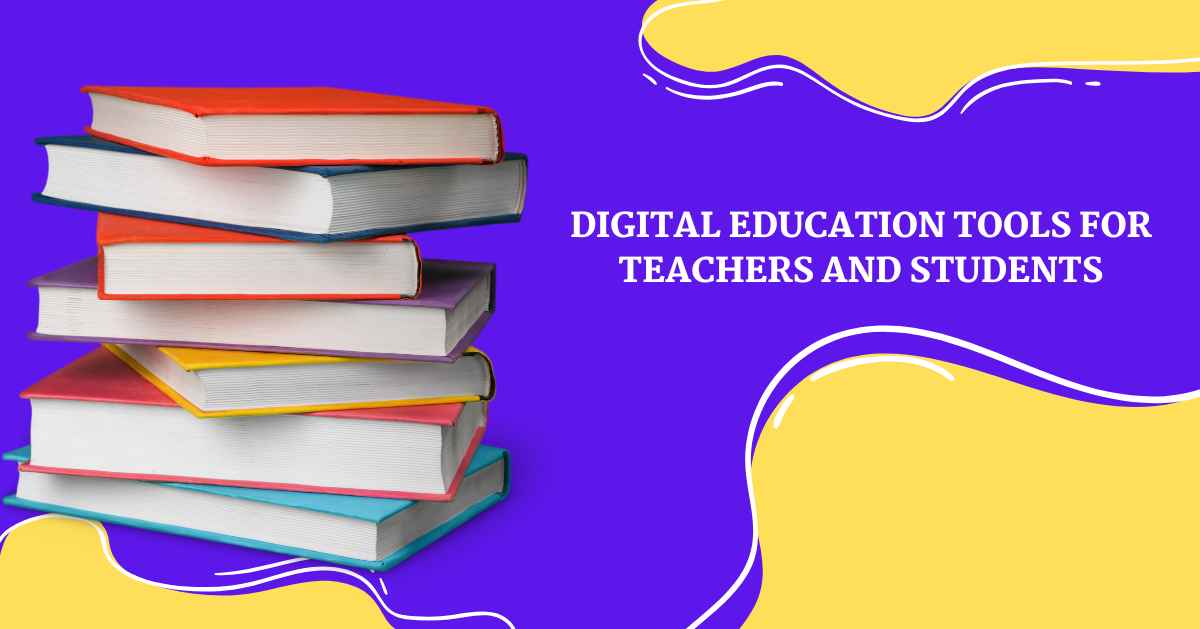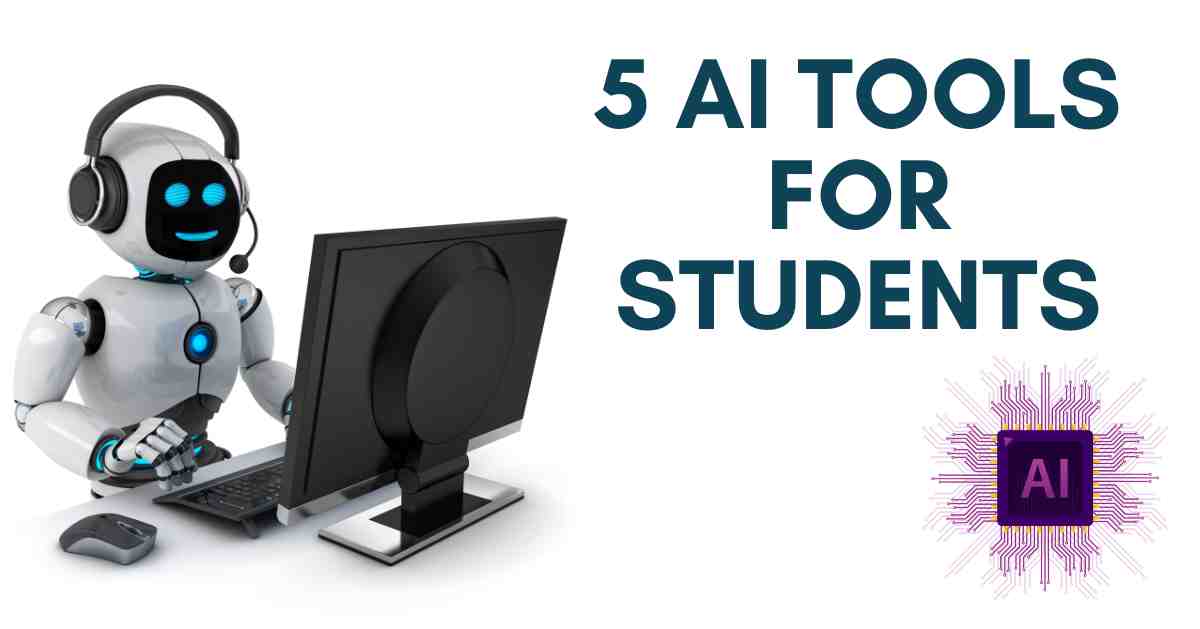DCA Full Form: A Comprehensive Detailed Guide About DCA

What is DCA Full Form?
The full form of DCA is “Diploma in Computer Application”. It’s a one year course that emphasizes computer based education. The syllabus aims to equip students with knowledge and hands-on expertise, in programming tools and everyday software. To join this program students should have finished their 12th grade in any field from a school.
Importance of DCA
The DCA program strives to build a comprehension of computer applications, improve hands-on experience, nurture problem solving abilities and provide students with a skill set for a successful career in the tech industry.
Subjects Covered in DCA
In schools the content of a DCA program may differ. Some usual topics covered usually include;
- Introduction to Programming
- Programming in C
- RDBMS and Data Management
- Basic Internet Concepts
- Computer Fundamentals
- Multimedia
- Tally ERP 9.0
Students are taught a range of knowledge, in computer applications covering both theory and practical skills.
Top Universities Offering DCA
Several reputable universities and colleges offer the DCA program, including:
- Aligarh Muslim University
- Jamia Millia Islamia
- Gujarat Technological University
- Punjab University
- Lovely Professional University
Specializations and Skills in DCA
The DCA course offers various specializations and skillsets, such as:
- E-Business
- Internet Basics
- Software Hacking and IT Security
- Software Engineering
- Basic Computer Skills
- MS Office Applications
- ERP Basics
- PC Assembly and Troubleshooting
These specializations help students tailor their learning experience to their career interests.
Eligibility Criteria for DCA
To enroll in a Computer Application Diploma program applicants need to fulfill the institution’s eligibility requirements. Usually admission relies on the grades achieved in the 12th grade exam. Students who have taken computer science as an elective subject, in either 12th grade are usually favored.
Admission Process for DCA
The admission process usually involves submitting an application form on the official website of the college or institution. Upon selection of their application, candidates are directly admitted to the course.
Modes of Pursuing DCA
The DCA course can be pursued in two modes:
- Distance Learning
- Regular
Course Fees
The cost of the DCA program varies between INR 5,000 and INR 30,000 depending on the school and the course content provided.
Career Opportunities After DCA
Finishing a DCA program greatly boosts a person’s knowledge and hands on abilities. As the need for computer skills rises across sectors DCA alumni can explore career paths, such, as;
- Further Education: Opting for higher studies like Bachelor of Computer Application (BCA) Post Graduate Diploma in Computer Application (PGDCA) or Master of Computer Application (MCA).
- Job Opportunities: Exploring employment options in areas, like IT, BPO, Advertising, Travel, Finance and more.
Common job roles for DCA graduates include:
- Software Development
- Database Development and Administration
- Web Designing
- C++ Developer
- Programming
- Technical Writing
After finishing a DCA individuals typically earn a salary ranging from INR 2 to 5 lakh with variations depending on the employer and extra perks.
[Also Read: SMPS Full Form]
Conclusion
The Computer Application Diploma is a choice for anyone in pursuing a career in the tech industry. It provides an understanding of computer applications, hands on experience and options, for advancing to education or landing a job in different fields. Whether you decide to continue your education or start working, completing a DCA can lead to exciting prospects and a fulfilling professional journey.






